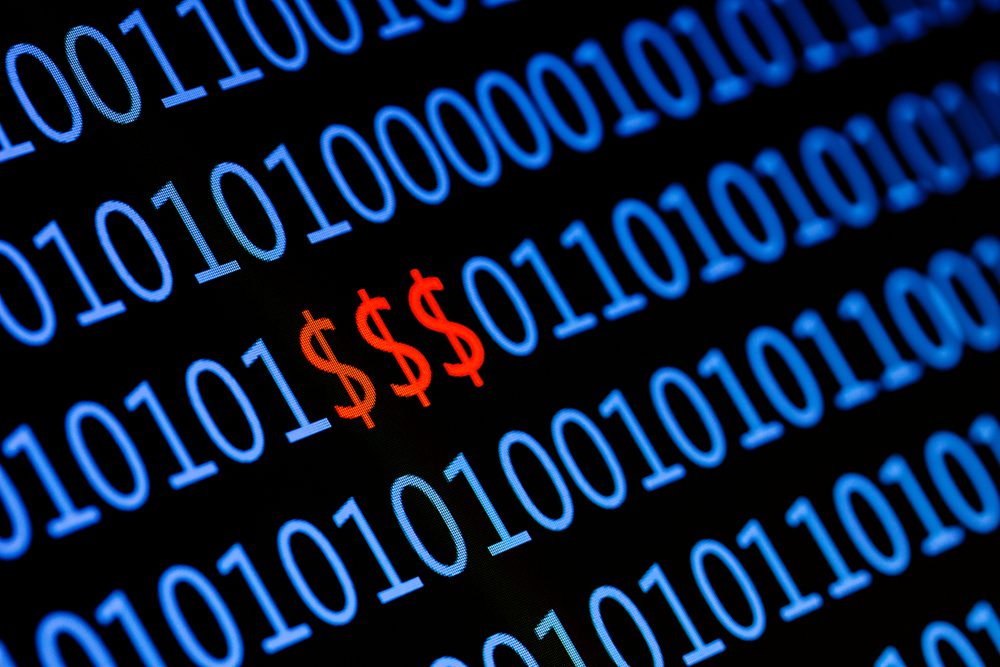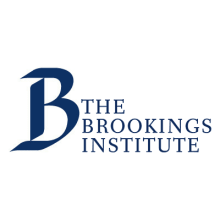
Are we heading for a cashless future? Eswar Prasad, a senior fellow at Brookings and author of the forthcoming book, “The Future of Money: How the Digital Revolution Is Transforming Currencies and Finance,” thinks so. Credit card and cell phone payments have disrupted the physical cash market already, but Prasad says the real driving force will be central banks—as new cryptocurrencies continue to emerge and their popularity expands, central banks will react by developing their own more stable forms.
On September 13, the Hutchins Center on Fiscal and Monetary Policy and the Global Economy and Development program at Brookings will host a virtual conversation between Prasad and Glenn Hutchins, co-chair of the Brookings Board of Trustees, on Prasad’s argument that the world is approaching a tipping point where cash phases out and digital currencies reign supreme. This will have far-reaching implications for individuals, businesses, banks, and governments: improved efficiency, increased flexibility, and improved market access, particularly for the unbanked. But the risks include market instability, minimal accountability, and decreased privacy.
Following the Prasad-Hutchins conversation, the Financial Times’ Gillian Tett will moderate an expert panel focused on the government’s role in managing and regulating digital currencies, maximizing benefits, and minimizing risk.
During the live event, the audience may submit questions at sli.do using the code #FutureofMoney, or join the conversation on Twitter using the hashtag #FutureofMoney.


